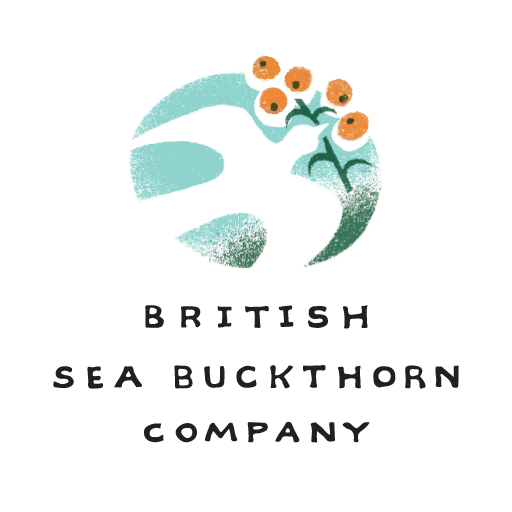Last week was the biannual Euroworks conference in Latvia. These conferences always provide a great opportunity to network and learn from other experts in the European sea buckthorn industry. With either Matt or I having attended every one since 2010, it was a great disappointment not to go this year. Brexit has caste a shadow over the future which needs careful thought in ensuring the whole farm has a capacity to move forward. Like it or not the EU Common Agricultural policy has provided an understandable system for decades. Subsidies are at the heart of this providing food security and affordability as well as helping to protect the environment. The announcement from the government that subsidies are guaranteed until 2020 offers is little comfort if Brexit is not going to be triggered until 2019 anyway.
As coastal farmers there are uncertainties over the future maintenance of sea walls. This is not new, but the potential of further government spending cuts will not help this position.
The funding of agri-environmental scheme that were targeted at taking land out of food growing and providing habitat for often rare and threatened species is also under threat.
But life will go on – as with the issues with climate change, it is all about flexibility and being willing to adapt. The sea buckthorn at Devereux farm is looking healthy. The regular doses of compost tea are achieving the desired results and the plants will be going forward into 2017 both strong and healthy. It is clear that the European varieties from Germany and Latvia grow without issues here. They yield well and can be harvested by branch cutting and freezing without problem. Seth Pascoe down at Cornish Sea Berry has had a great harvest so far with his Sirola german variety being first to ripen and deliver.
The Siberian varieties I have faith in as their berries are larger and sweeter. The first challenge was to reduce the risk from disease which has been achieved this year. The focus for 2017 will be to reduce the loss of the harvest to birds. Devereux farm is next to the Hamford water national nature reserve. We have just had a report of over 500 pages produced indicating the number of species present on the farm. It illustrates the habitat creation work on farm delivers a healthy bio diversity, but the success of some of those species comes from the fact the farm offers a great food source. As I reflect on the efficiencies of the soft fruit industry which grows most of its fruit in poly-tunnels it is clear that our Siberian plants are going to need physical protection to guarantee a crop.
What has come out of 2016 has been the opportunity to taste some of the fruit from these varieties. The comparison with the European varieties is substantial in taste, so working to grow a viable crop is going to be worthwhile.
The other challenge is efficient harvesting. Hand picking is still a principle option in Siberia. Labour costs here in the UK are high. The branch cutting and freezing method works well for the german varieties but cutting branches in summer risks introducing disease. We have already experienced how disease prone some of the siberian varieties can be. The Lisavenko Institute in Siberia has suggested that four of our varieties could be suitable – Elizaveta; Klaudia; Inya and Etna. The last three have turned out to be strong plants in 2016. Elizaveta is a fast grower, but has proved to be the most prone to stress. Lisavenko have indicated that irrigation would reduce this, but Devereux farm is located in a very dry part of the UK. Relying on irrigation may become difficult in the future if climate change provides extreme summers. I think it is better to grow plants that can rely on surviving without irrigation if we can. They will develop deeper roots and with soil management it should be possible to progress without the need for additional water.
It is this soil management which I see as delivering the best means of reducing stress. A healthy soil with a high level of organic matter will have a greater capacity to hold moisture; retain a strong microbial population to reduce soil borne diseases; and an optimum source of nutrients and trace elements for the plants.
Managing stress, linked to providing a timely compost tea spray soon after branch cutting I am hopeful will provide the ability to harvest our Siberian varieties in the same way as the german ones. The advantage is that the fruit is removed from the plant with minimal handling and damage. It is fast and that preserves the nutrient quality.
As with developing all new crops none of this is going to happen in five minutes. The plan is to do the cutting trials over the next three years to be able to compare different options and perfect method. With an objective to deliver consistent quality and quantity these trials are as crucial as surmounting the issue of the birds. Each issue will have a solution – as with everything to do with farming it just takes time.
Cutting trails will be linked to developing a machine to help with the branch harvesting. This should all nicely be completed by the magic time of 2021 by which time our political masters will have found their solutions to Brexit.
